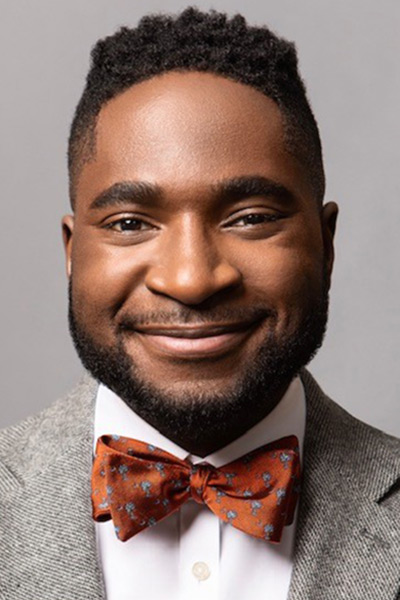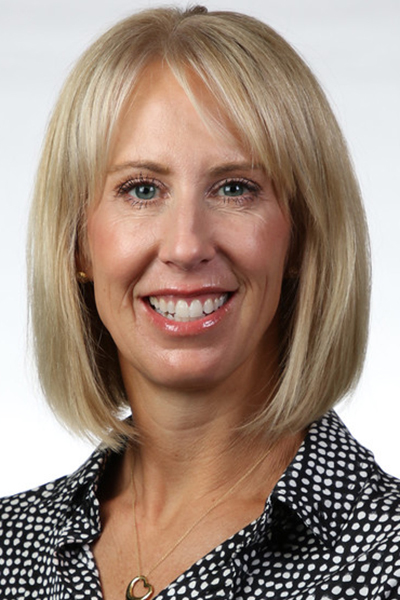Pharmacoequity is best defined as the goal of ensuring that everyone—regardless of race, ethnicity, or socioeconomic status—has affordable access to life-saving therapies, according to Utibe Essien, MD, MPH.
On the final day of the 84th Scientific Sessions, in the session Ripple Effects after the Advent of Highly Effective Antiobesity Pharmacotherapy—Pharmacoequity in the United States, Dr. Essien, David Geffen School of Medicine at the University of California, Los Angeles, reviewed disparities in obesity treatment, with findings that show Black and Hispanic Americans are more likely to experience obesity in the United States.

“Not only are those rates higher, but they’re also associated with long-term complications, including mortality, which has been shown to be higher in Black individuals with obesity compared to other folks from other races and ethnicities,” Dr. Essien said.
Barriers such as limited resources, lack of healthy, affordable foods, or outdoor spaces are some of the structural barriers that can stand in the way of individuals in these communities accessing healthy lifestyle interventions.
A racial wealth gap also makes it difficult for patients to afford the costly medications, with Black and Hispanic individuals having about 1 percent of the wealth white individuals have in the United States.
Additionally, eligible individuals from minoritized racial and ethnic groups are less likely to receive an antiobesity medication (AOM) prescription when compared to white patients, with Hispanic patients less likely to fill once they have a prescription.

“What this suggests to me is there are some provider biases at play here in terms of who’s getting that prescription in the first place,” said Kristina H. Lewis, MD, MPH, SM, Wake Forest University School of Medicine.
Dr. Lewis also addressed other challenges eligible patients face in accessing AOM prescriptions, such as not having insurance coverage or having insurance coverage revoked. Additionally, some providers are not comfortable prescribing AOMs, with 93 percent of primary care doctors using clinical judgment to guide obesity treatment rather than clinical guidelines and less than 30 percent prescribing AOMs regularly, she noted.
“I think we have to be careful as providers when we say we’re following our gut instinct or sort of treating based on what we think or our personal experiences because that introduces a lot of potential for biases to creep in, and we know this is a major problem for patients with obesity,” Dr. Lewis said.
Many patients discontinue AOMs within a few months, and Dr. Lewis emphasized the importance of having direct conversations with patients about the importance of continuity before beginning treatment.

“As a clinician, we have to make sure that people understand that these are probably long-term treatments,” she said. “We have to make sure they understand the side effects that they could have and that we’re there to counsel them through those side effects.”
The potential long-term benefits of providing earlier access to obesity treatments adds up to an estimated $400 billion in social benefits over 10 years and a $17.6 trillion reduction in disability payments over 30 years, explained Alison Ward, PhD, University of Southern California Schaeffer Center.
She emphasized the need for insurance carriers to cover antiobesity drugs and make the drugs more affordable by negotiating prices to help patients get access sooner.
“Getting access to patients is going to be what continues to help us on that trajectory of getting toward the most simplified treatments that will eventually have the greatest impact on disparities,” she said.
The session can be viewed on-demand by registered meeting participants on the virtual meeting platform. If you haven’t registered for the 84th Scientific Sessions, register today to access the valuable meeting content through Aug. 26.
Get On-Demand Access to the Scientific Sessions
There is still time to register for on-demand access to learn about the latest advances in diabetes research, prevention, and care presented at the 84th Scientific Sessions. Select session recordings will be available through Aug. 26.